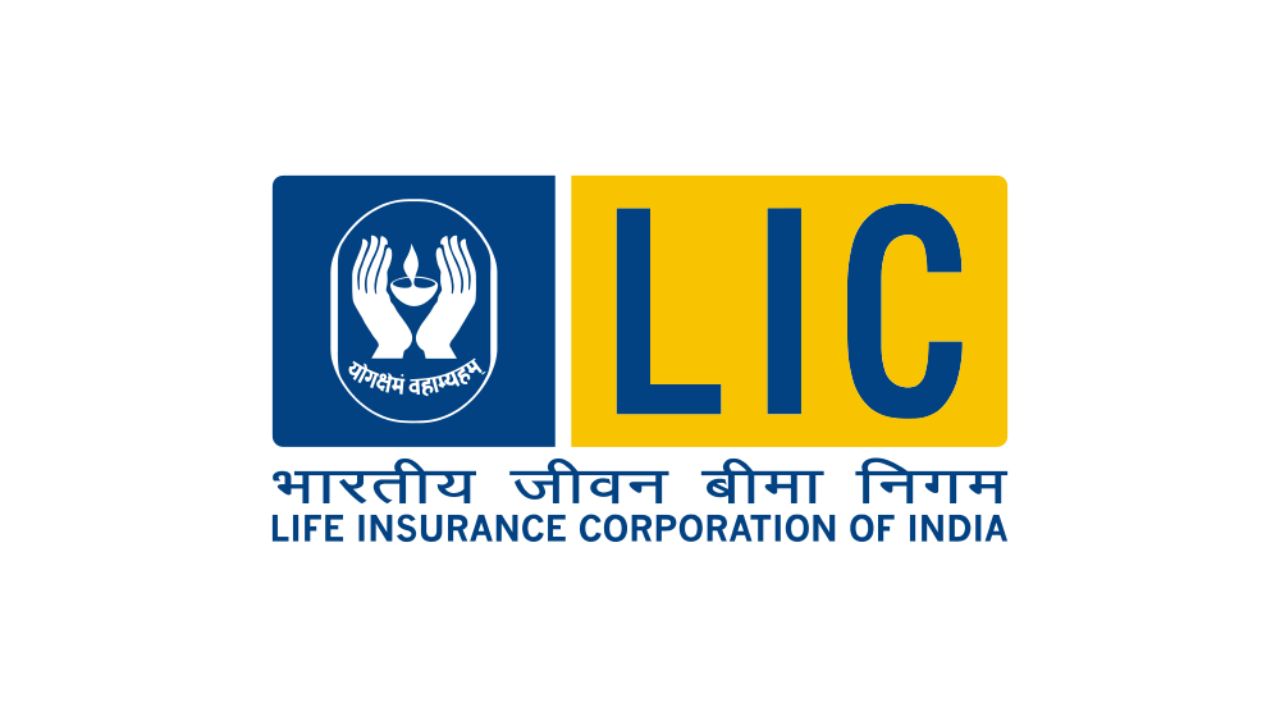At present, some of the companies in India are into AI services including Sarvam AI, Gnani AI, and CoRover AI which offers its services in Indian languages. Business magnates such as Google DeepMind, Microsoft, and Meta Platforms recently converged in Bangalore to watch an Indian AI startup unveil a product that may change technology consumption in the largest-population nation.
Sarvam AI’s New Launch
Recently, Sarvam AI, which is recognized as an Indian branch of OpenAI, introduced new programs for firms: customers can now communicate with the companies through spoken voice rather than texts. This technology was developed based on 10 indigenous Indian languages and set to a rate of one rupee per minute to lure customers. In the event, there was an interview with Vinod Khosla, a billionaire investor, and a VC fund manager in Sarvam, who stated the following during a video: “The potential that these voice bots have is to touch one billion people. ”
India as a Potential Market
India has tried to keep up with the global trend of artificial intelligence since the release of ChatGPT, almost two years ago, but chatbots have often been restricted due to a lack of data in multiple languages spoken across the country. Many people in big cities can participate in a conversation with a chatbot by entering prompts translated into English, but the majority of Indians are unlikely to be able to do the same. A growing number of such startups think that voice bots developed using local language data can reach more users in India and perhaps entice users in other countries as well. In this process, these new companies can turn India into a potential market for some future generative AI products, while raising safety concerns in other parts of the world.
Hi-tech firms seek to create more engaging human-like services by integrating voice artificial intelligence for response through verbal means, and the carrying out of particular tasks. In India, this has already been witnessed in a number of consumer and business applications. Gnani AI, backed by Samsung, holds thousands of voice conversations with India’s largest banks, insurance firms, and car makers daily. Specifically, CoRover AI offers voice bots in 14 Indian languages to the state railway company and a regional law enforcement agency. Haloocom Technologies uses a voice bot to deal with customer service issues and also for the pre-screening of its job applicants in five Indian languages.
CoRover’s co-founder and its CEO Ankush Sabharwal revealed more about its accomplishments as well as future plans, adding that while the world went from digital-first to mobile-first and to AI first, voice remained the most natural usage of the technology.
Impacts of Sarvam’s Voice Bots
Sarvam’s voice bots can understand context switching between different languages and also perform customer-related tasks such as scheduling and billing. The company targets approximately 50 clients, one of which is Sri Mandir – a spiritual app with downloads exceeding 10M on the Android Play Store. By incorporating Sarvam’s speech technology, the app of Sri Mandir can lead people to the particular rituals performed in several temples and how to obtain several types of blessings. It may be useful to incorporate GPT-4 or Claude into Sri Mandir.
Sarvam co-founder Vivek Raghavan confirmed that both OpenAI and Anthropic models will be unsuccessful. He said that American companies have a limited supply of Indian language data spoken, which also entails various Indian dialects.
Contributions of OpenAI
Some high-profile American AI companies like OpenAI have developed technology that can mimic human voices and while they have developed these products, they have shied away from releasing them to the public. OpenAI recently warned that people might develop an emotional attachment to its voice product and also explained that control measures had been taken to prevent impersonation and generation of copyrighted audio. The startup has begun gradually rolling out new voice features to a subset of consumers after a delay. But even with these concerns, Indian AI startups are optimistic about the technology. Speaking during an interview, Ganesh Gopalan, the co-founder and CEO of Gnani, noted that ‘. domain-specific AI for specific tasks, languages, and audiences’ is more accurate, inexpensive to run, and greatly minimizes hallucinations referring to an AI system that generates covert information.
While these startups are currently focused on the Indian market, there are some that are already looking at venturing into other markets including the Middle East and Japan. At present, Gnani’s voice bots are implemented by a Harley-Davidson sealing firm that operates in Silicon Valley, California for covering Spanish-speaking customers.




